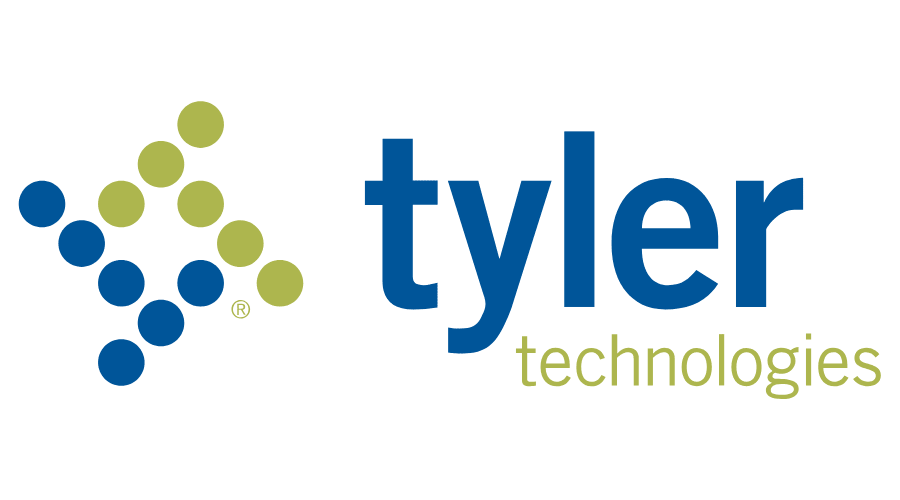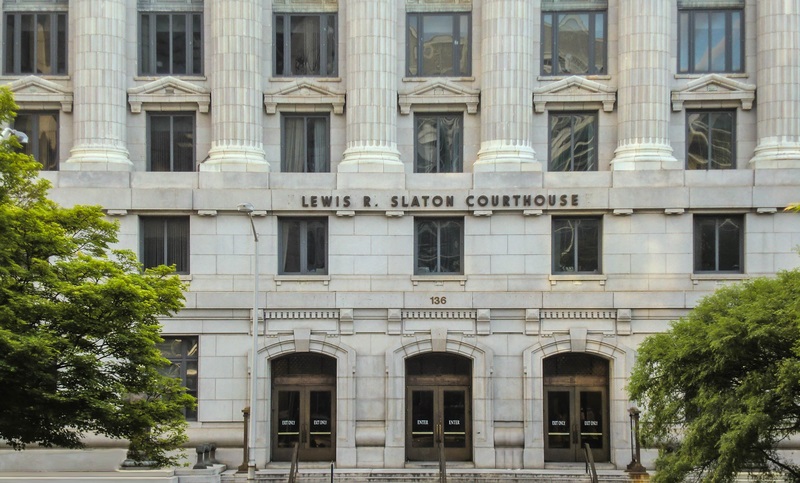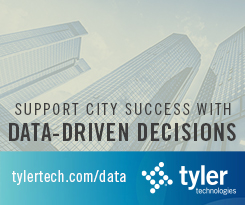
Photo: Kevin Ruck | Dreamstime.com
Harnessing data to deliver more equitable cities
26 September 2022
Sponsored by: Tyler Technologies
The COVID-19 pandemic impacted some communities disproportionately and highlighted a wide range of inequities in society related to income, race and gender.
Many US cities are prioritising addressing these multifaceted issues, setting up equity offices and appointing chief equity officers for the first time.
Data has emerged as an important way to understand and demonstrate equity, and to monitor progress towards goals.
Strategies to achieve this include establishing a city-wide data and analytics strategy and equity framework, as well as using disaggregated data to avoid algorithmic bias and promote equitable service delivery.
Los Angeles, San Jose and Tulsa are examples of cities that have launched equity-related data initiatives.
Equity in Chattanooga
Earlier this year, Chattanooga Mayor Tim Kelly announced his appointment of Tamara Steward as the city’s inaugural Chief Equity Officer. She leads the Department of Equity and Community Engagement and reports directly to the mayor.
“Today, the data tells us that Chattanooga is one of the worst places in the nation to grow up poor,” Kelly said. “And while we can’t and won’t attempt to guarantee equal outcomes, what we can do is ensure that every Chattanoogan has access to opportunity.”
Chattanooga is already a pioneer in using data to improve equity in an important area: law enforcement.
Police encounters that result in arrests can have a significant impact on a person’s employment, finances and other socioeconomic factors. National research shows that communities of colour are typically arrested and cited at higher rates than their counterparts, and cities are now looking to gain a better understanding of what’s happening at the local level.
In 2020, amid Black Lives Matter protests across the country, the City of Chattanooga launched a Policing and Racial Equity Dashboard, representing a new approach for local governments.
This complemented other actions such as the introduction of use-of-force policies, empathy-based training, body cameras and de-escalation training.
A community bridge
Chattanooga’s dashboard displays closed investigations from the Chattanooga Police Department and includes citations, arrests, use of force, and citizen complaints by race, often going back several years. The information is updated automatically every night.
The city chose an enterprise data platform from Tyler Technologies to centralise, organise, analyse and report the public safety data. The platform allows data to be shared internally for review first, and then pushed out to the public on the open data portal, facilitating transparency while protecting the privacy of sensitive data.
Tim Moreland, Administrator of the Department of Innovation Delivery and Performance and former leader of Chattanooga’s Office of Performance Management and Open Data, said the dashboard could “help bridge communications between the police and the community”.
The data did show some disparities such as that Black people, indigenous, and people of colour in Chattanooga had a higher probability of being arrested than white residents, but the number of citations issued was almost proportionate to the population.
“To provide supported, verified information about how we function as a police department and our impact on those we serve is critical in today’s times,” said then-Police Chief David Roddy when the dashboard launched. “The insights and understanding drawn from this data will shape conversations and decisions about how we function as law enforcement.”
Chattanooga’s approach is already being replicated in more cities.
Making it happen
Christopher King, Director, State & Local Government, Data & Insights Division at Tyler Technologies, said: “Chattanooga’s approach is really great because as well as the detailed information, they’re providing context alongside the data itself in a format so that a citizen or the media can go in and look and see what they’re trying to accomplish.”
Thanks to the data team’s background with using Tyler’s solution, which stretches back to 2014, the dashboard was up and running with around 40 hours of work.
“I’m hopeful about the future because we have a progressive police department that cares, wants to be trusted by the community, and showed great leadership in getting this data out there,” said Moreland.
Cities are turning their attention to more types of societal inequity, from health and education to digital opportunities and transport access. Using data systematically is crucial to understand the as-is situation, target the most effective interventions, and monitor progress over time. It’s also critical in gaining public trust and buy-in.
You can’t manage what you don’t measure – establishing the right metrics and breaking data out of silos is key. Learn more about how Tyler Technologies can help your city.












